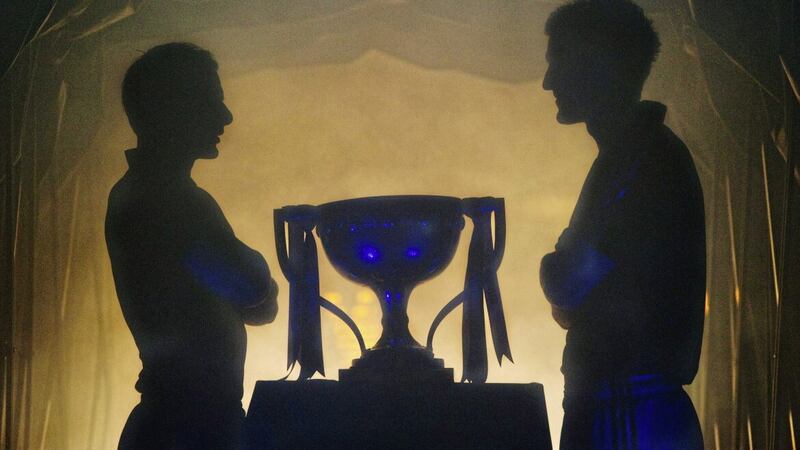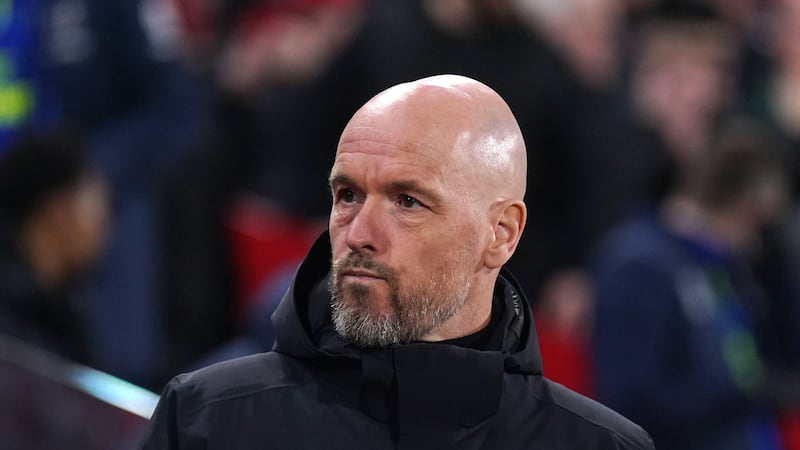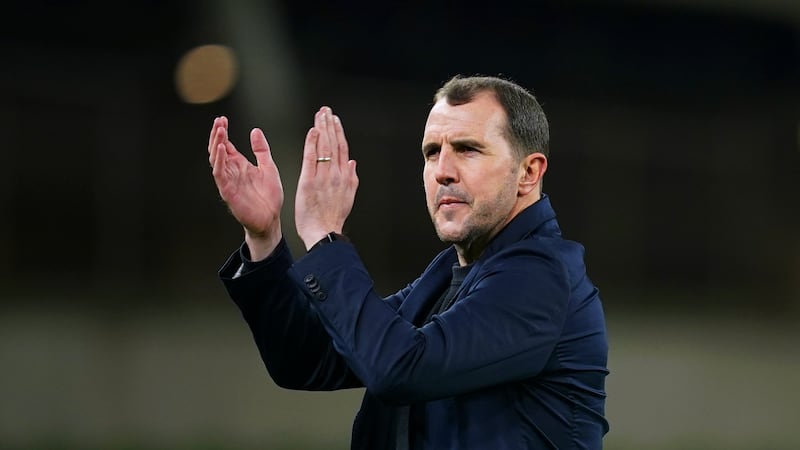One of my all-time favourite movies is Heat – based loosely on a true story of the 1960s. I have watched it so many times, I have lost count.
One particular scene is synonymous with two of the greatest actors of all time coming face to face "like a couple of regular fellas" (their words) in a café in LA.
De Niro and Pacino face off, one as a bank robber and the other an LAPD detective. Each has done their homework on the other.
They have profiled each other, their backgrounds, what they eat for breakfast – everything you could think of.
Al Pacino plays Vincent Hanna, a detective working in homicide – on the downturn of his third marriage – because in his words "he chases guys like De Niro around the block".
That's his life.
De Niro plays a highly intelligent gangster called Neil McCauley who dedicated his life to his work – armed robbery.
They have a perverse respect for each other – a respect in how each other goes about their work.
The film intertwines both's work-life balance and the consequences of their personal obsessions.
'What has this got to do with the GAA?' you may ask?
Well, profiling and doing one's homework on the opposition is a fundamental and necessary part of both the club and inter-county game now.
I recall learning of the lengths to which James McCartan went to get a bit more information on how Cork were setting up prior to the 2010
All-Ireland final.
A local priest was sent to the Rebel County and cycled his way into the Cork county training session to get a better idea of the Rebels.
In this day and age, even now, no right-minded GAA man would ever refuse entry to a man of the faith who happened to be passing by.
We also had the video analysis of Cork from previous games, so it was well covered from all sides.
What we didn't envisage was Graham Canty not starting and both Canty and Nicholas Murphy being introduced at half-time to great effect.
There is always the fine balance between over-analysing the opposition and losing sight of what your own team takes to the table.
At times, as players, we would have been given individual DVDs of players on the opposition team prior to Championship games.
Personally, I always felt that this was more geared toward defenders and midfielders.
I preferred to focus on my own game and I felt that imposing my personal attributes on my opponent was crucial from the start.
We cannot escape the fact that history tells us that managers have tried every trick in the book in an attempt to lure the opposition into a false sense of complacency.
Gossip has played a huge role such as leaking of a star player's injury
or sickness.
Ironically, on the flip side, you also have managers who want to keep an injury or sickness out of the headlines and unknown to the opposition.
Only last weekend in Donegal, Buncrana changed no fewer than 14 players from the starting team published in the match programme.
This was a regular occurrence at inter-county level (maybe not as many as 14, to be fair) until counties started being fined for such actions. In defence of the GAA, it had gotten out of hand.
F
rom my perspective, I always supported the idea of having squad numbers issued at the start of the year.
Going forward, from the GAA's perspective, it would certainly solve a whole range of issues when it comes to announcing a panel and a team on match-day.
The GAA have put procedures in place and have insisted upon getting a squad or team announcement by a certain time before a game. A practical solution is a set of squad numbers being assigned on January 1.
At a more local level, huge efforts are gone to in order to ensure team preparations are kept under wraps.
Personally, I am happy to give the opposition the matchday team –
I see no point in trying to 'kid a kidder'. I would contend that a player's attitude, as well as the overall team preparation and set-up, are more important than any team selections announced.
Sometimes people can get so totally carried away with the psychological warfare that they forget that the game is actually played on the field.
There is no doubt that games can be won and lost prior to the throwing in of a ball.
It is very difficult for a manager to control every player's mindset – in fact it is impossible.
From my perspective there are individuals within any team that require more personalised attention and there are those who would prefer and indeed thrive on much less attention. There is no one size to fit all.
Every person and squad is different.
Increasingly, coaches and managers have described to me their experiences as that of a social worker – I suppose a reflection of the times we are in.
I am conscious that profiling is also required within a team dynamic and not just from the inside looking outwards to an opponent.
Again, finding that balance between manager, coach, leader, friend and confidant is not easy.
As we approach the latter ends of many counties' championships, teams the breadth of Ulster will be seeking to find an 'edge' on their opposition.
The investment of time, energy and resources comes down to 70-plus minutes of football or hurling.
For the next few weeks, neither the weather nor a country's monarchy will register on any GAA club's radar. The full focus is on that 'shower over the road'.
Rumours will be abound of the star club forward's wayward habits perhaps or if they had last been seen on crutches coming out of the local physio.
'Covid? What Covid?' It will no longer exist in some parishes, with the antidote being drawn in a local derby against the greatest rivals.
No vaccinations needed here. A championship win is about much more than a cup. It is bigger than any one person. It always means so much more.









